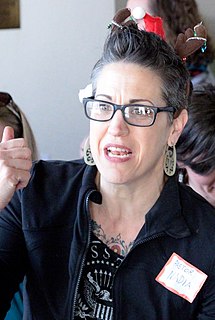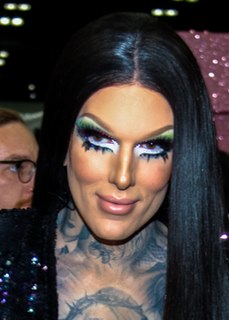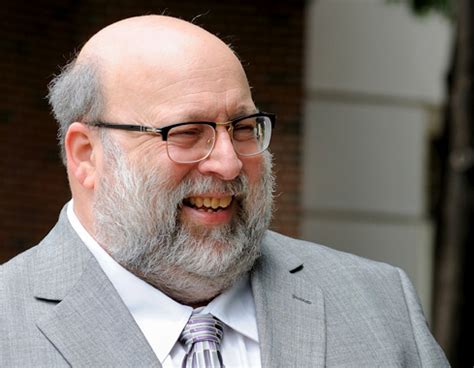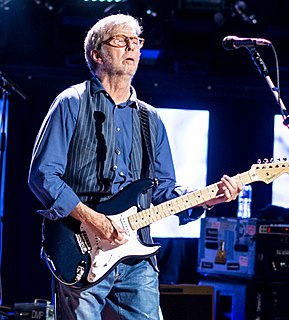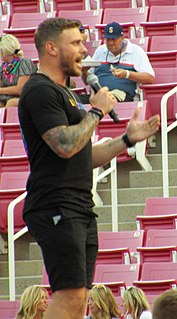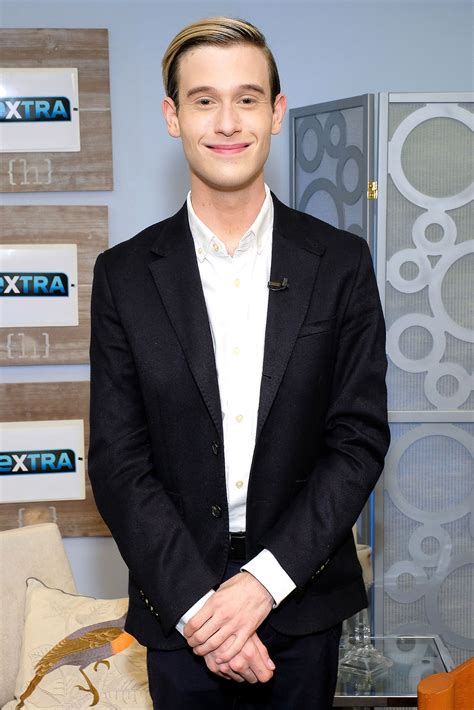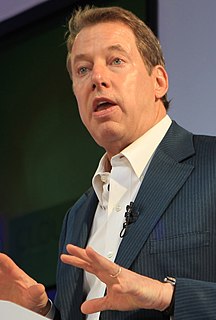A Quote by Damon Galgut
Being gay immediately placed me outside the values of the society I was growing up in. Apartheid was a very patriarchal system, so its assumptions seemed foreign to me from the outset. I've always had the advantage of alienation.
Related Quotes
I still think it's important for people to have a sharp, ongoing critique of marriage in patriarchal society — because once you marry within a society that remains patriarchal, no matter how alternative you want to be within your unit, there is still a culture outside you that will impose many, many values on you whether you want them to or not.
There will always be people that will have assumptions about you, about my character, my personality, or that I might put on a show of being gay or something, or that I play up stereotypes or anything like that. It's always funny to me that those people are typically the people that know me the least.
People define gay cinema solely by content: if there are gay characters in it, it’s a gay film... Heterosexuality to me is a structure as much as it is a content. It is an imposed structure that goes along with the patriarchal, dominant structure that constrains and defines society. If homosexuality is the opposite or the counter-sexual activity to that, then what kind of a structure would it be?
As a teenager, I began to question the Great Christian Sorting System. My gay friends in high school were kind and funny and loved me, so I suspected that my church had placed them in the wrong category... Injustices in the world needed to be addressed and not ignored. Christians weren't good; people who fought for peace and justice were good. I had been lied to, and in my anger at being lied to about the containers, I left the church. But it turns out, I hadn't actually escaped the sorting system. I had just changed the labels.
Growing up in the South, it was very patriarchal. When I applied to Stanford, I was told by a [male] college counselor, "You're never gonna get in, don't bother. They don't want you." I said, "I'm going to try." And I got in! But I wouldn't be the woman I am if I hadn't had that conflict to overcome. It has given me an underdog feeling all my life.
We need to be clear that there is no such thing as giving up one's privilege to be 'outside' the system. ONE IS ALWAYS IN THE SYSTEM. The only question is whether one is part of the system in a way which challenges or strengthens the status quo. Privilege is not something I take and which I therefore have the option of not taking. It is something that society gives me and unless I change the institutions which give it to me, they will continue to give it, and I will continue to have it, however noble and egalitarian my intentions.
It's very difficult to explain the effect the first blues record I heard had on me, except to say that I recognized it immediately. It was as if I were being reintroduced to something that I already knew, maybe from another, earlier life. For me there is something primitively soothing about this music, and it went straight to my nervous system, making me feel ten feet tall.
One of my best friends growing up was gay. ... It’s never been an issue for me. ... I think there was a time in my life, probably in college, that I wished every guy was gay, because it just meant more women for me! ‘I don’t know why you guys have a problem with this thing! I think it’d be great! I wish everyone was gay!’ ... That’s always the way I thought about it. ... I have no issue with it. If I have to suffer through marriage, why shouldn’t they?






